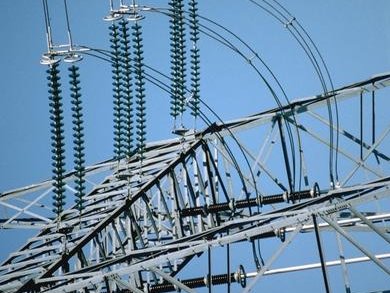In terms of future energy production methods, chemical engineering professor Alexis Bell, University of Berkeley, California, USA, propagates slow long-term changes. In contrast to some of his colleagues, he does not believe in any energy revolutions through electric cars, ionic liquids, or the hydrogen economy. “Evolution is better than revolution.”
Bell thinks that the hydrogen economy is unrealistic. He characterizes hydrogen as an energy carrier, not an energy source because it must be produced from methane or by electrolysis of water, and, therefore, it is cheaper to directly use methane.
Ionic liquids can be used as solvents for cellulose in biomass processing but due to their high price, over 99.9 % of them would have to be recycled. This makes their usage economically impractical.
The electrification of cars is of great interest, but the scarcity of lithium and some rare earth elements, needed for the batteries, requires a carefully thoughtout electrification strategy. Bell recommends producing more hybrid and fewer fully electric cars.
Changing the build infrastructure at once will, according to Bell, require more energy and resources than we have, even with an ideal plan for a low-carbon industry. Effective changes are needed, as we are running out of resources and the climate is changing. It is sure that “Nature will solve the problem with or without us”.
Bell’s research interests are fundamental aspects of heterogeneous catalysis, such as relationships between catalyst structure and composition and the catalyst’s performance, reaction mechanisms, and factors determining a catalyst’s activity and selectivity. He is a member of the Advisory Board of ChemCatChem.
- Alex Bell: Resolving to Change,
Catalyst Magazine, College of Chemistry, University of California, Berkeley, 2012.
Also of interest:




